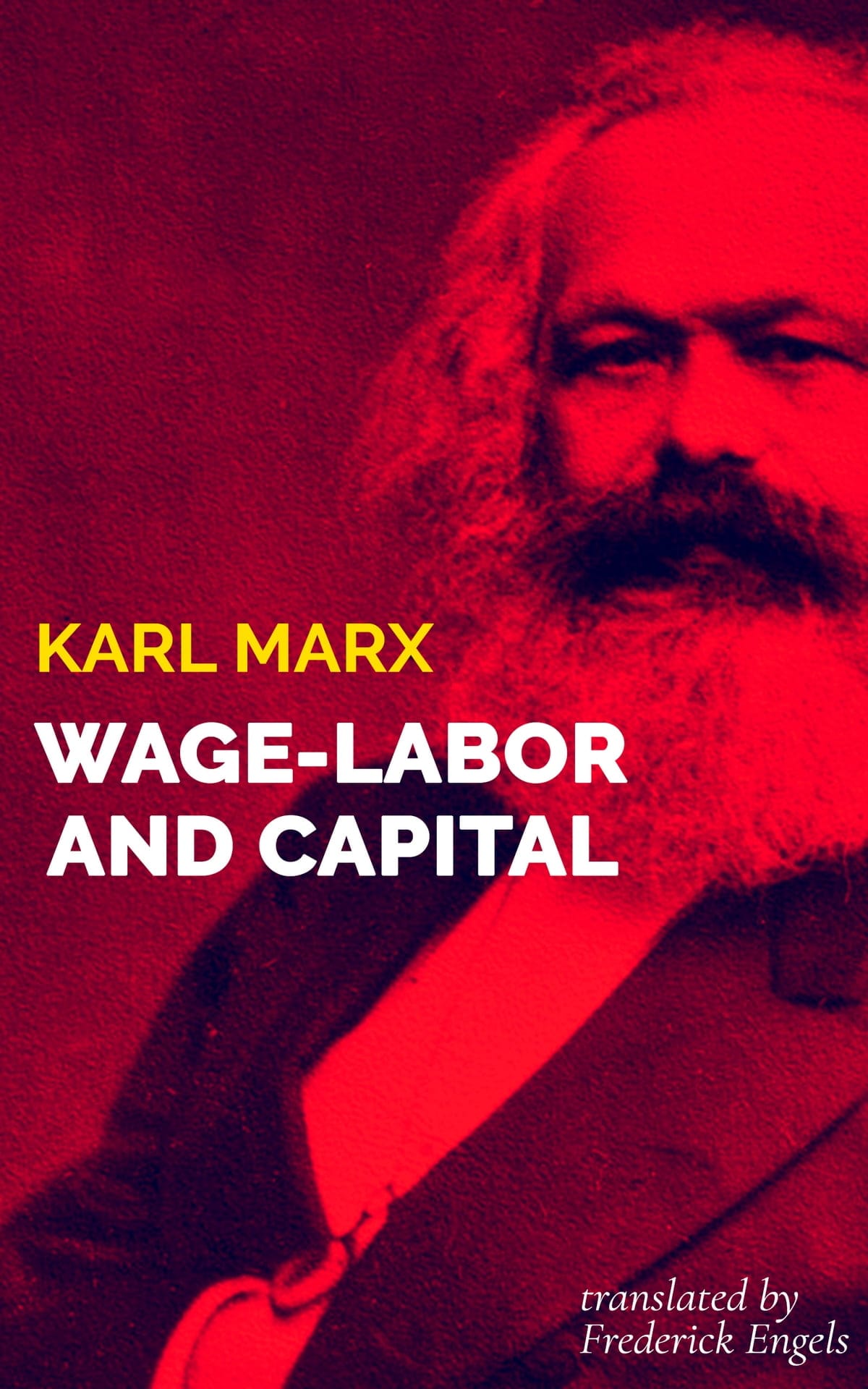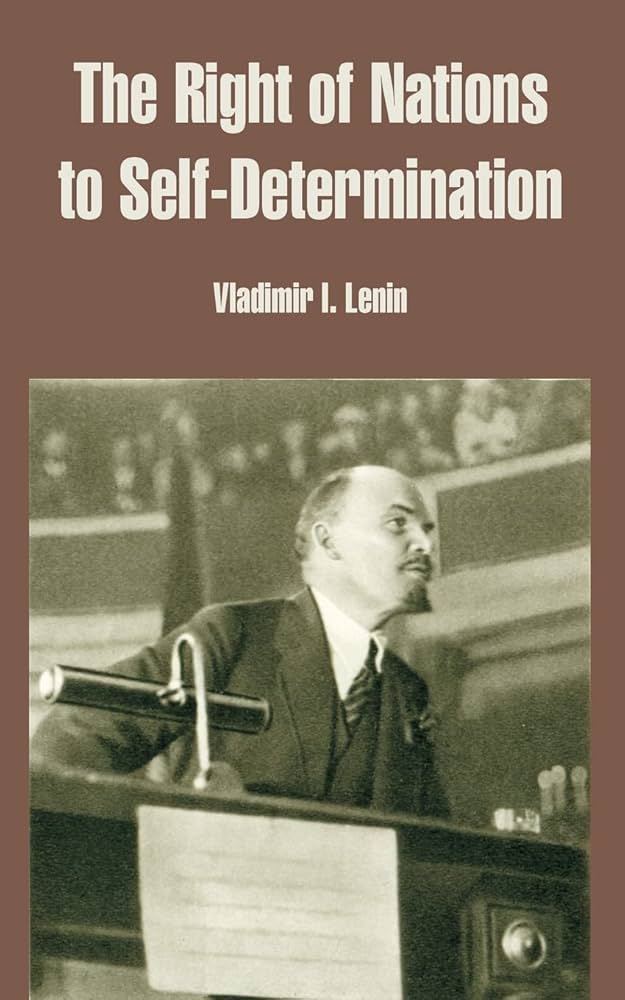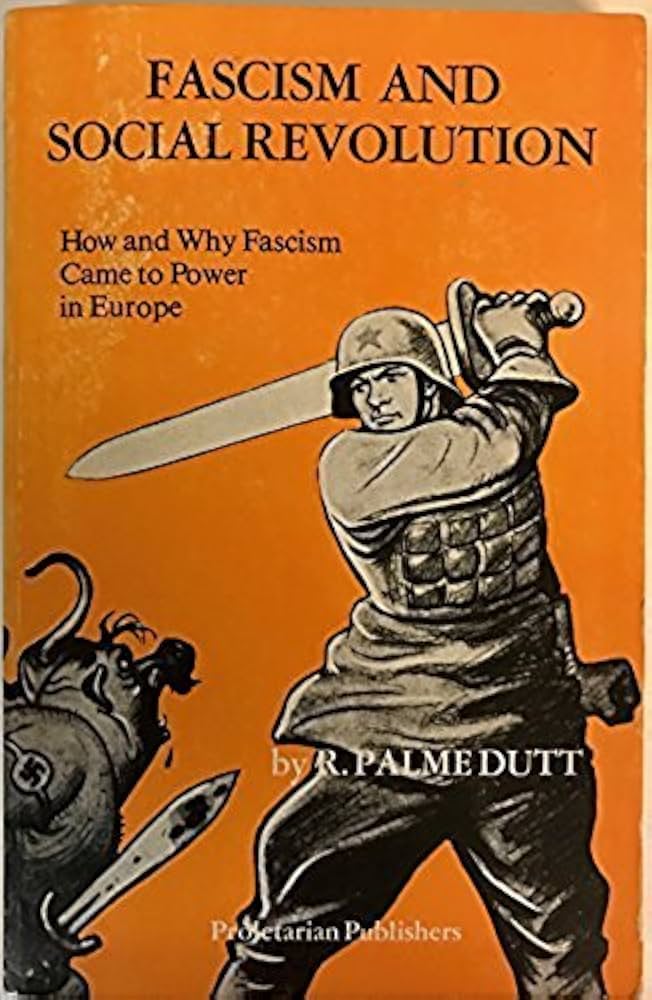Wage Labour and Capital

Session 1: Aug 20, 2023
"Wage Labour and Capital" (German: "Lohnarbeit und Kapital") is an 1848 book by Karl Marx, one of the most influential works in the development of Marxist theory. Here's a brief summary:
The book is a critique of the capitalist system, particularly the exploitation of labor under capitalism. Marx argues that the capitalist class, also known as the bourgeoisie, extracts surplus value from the working class (proletariat) by paying them less than the true value of their labor.
In the first part of the book, Marx examines the relationship between wage labor and capital. He shows how the rise of industrial capitalism led to the growth of a new social class: the proletariat, who are forced to sell their labor power to capitalists in exchange for wages.
Marx identifies three key features of capitalist exploitation:
- Surplus value: The value created by workers that exceeds their wages is seized by capitalists as profit.
- Exploitation: Capitalists exploit labor by paying lower wages than the true value of the labor, ensuring a surplus value is extracted.
- Alienation: Workers become alienated from their own labor, creativity, and humanity, as they are reduced to mere commodities in the capitalist system.
In the second part of the book, Marx analyzes the contradictions within capitalism, including:
- The contradiction between labor power and capital: The need for workers to sell their labor power to survive creates a constant struggle against capitalists who seek to minimize costs.
- The contradiction between surplus value and wages: The pursuit of profit by capitalists leads to a conflict with the need to pay higher wages to maintain a stable workforce.
Marx concludes that capitalism is inherently unstable and will eventually give way to a socialist revolution, where the working class seizes control of the means of production and creates a more equal society.
"Wage Labour and Capital" is an important work in understanding Marx's critique of capitalism and his vision for a socialist future.


Comments ()